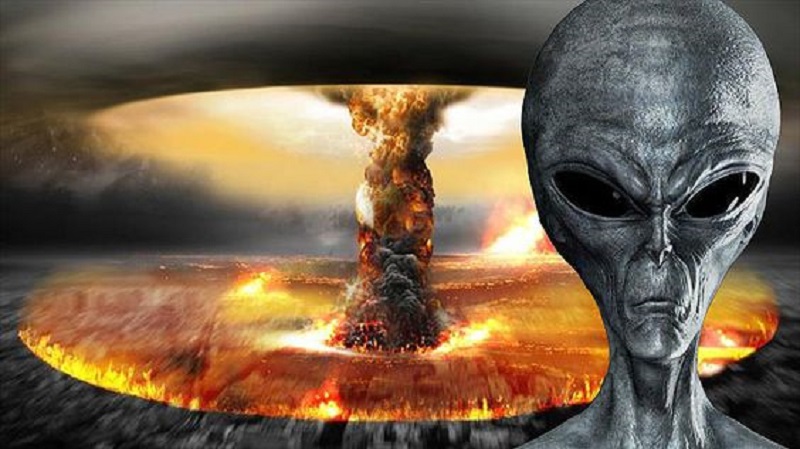In recent years, the topic of extraterrestrial life has moved from the fringes of science fiction into the realm of serious scientific inquiry and public fascination. The potential appearance of aliens on Earth is a subject that evokes a mix of fear, curiosity, and excitement. The implications of such an event are profound, affecting humanity on multiple levels—socially, politically, and philosophically. The core of this terrifying mystery lies in understanding how the presence of aliens could fundamentally alter human civilization and discerning their purpose for coming to Earth.’

The impact of aliens’ appearance on humanity would be multifaceted. Socially, the confirmation of extraterrestrial life would challenge deeply held beliefs and potentially disrupt religious, cultural, and ideological structures. People might react with awe and reverence, viewing the aliens as advanced beings with knowledge and technology far surpassing our own. Conversely, there could be widespread fear and panic, stemming from uncertainty about the aliens’ intentions and capabilities. This fear could lead to social unrest, as individuals and groups struggle to come to terms with the new reality.
Politically, the arrival of aliens would necessitate unprecedented international cooperation and coordination. Governments would need to establish protocols for communication and interaction with the extraterrestrial visitors. The global power dynamics could shift dramatically, with nations vying for advantageous positions in the new extraterrestrial-human relationship. National security concerns would escalate, as the potential for technological or biological threats would require vigilant assessment and response.

Economically, the introduction of alien technology could revolutionize industries and scientific understanding. Access to advanced alien technologies might solve some of humanity’s most pressing problems, such as energy shortages, climate change, and medical challenges. However, the sudden influx of such technologies could also destabilize existing economies, rendering some industries obsolete and creating new, unforeseen economic pressures.
Philosophically, the discovery of aliens would force humanity to confront its place in the universe. Questions about the uniqueness of human life, the nature of consciousness, and the ethical implications of interacting with other sentient beings would dominate academic and public discourse. The realization that humans are not alone in the universe could foster a greater sense of unity among Earth’s inhabitants, as people recognize their shared existence on a small, fragile planet

As for the aliens’ purpose for coming to Earth, speculation abounds. Some theories suggest that they might be explorers or scientists, seeking to understand the diversity of life in the universe. Others propose that their arrival could be motivated by resource acquisition, either through direct extraction or trade. There are also more ominous possibilities, such as the intention to colonize or exert control over Earth. Understanding their purpose would be crucial for determining the appropriate response to their presence.

In conclusion, the appearance of aliens on Earth would deeply impact humanity, affecting social structures, political dynamics, economic systems, and philosophical perspectives. The mystery of their purpose remains a source of both fascination and fear. As humanity prepares for the possibility of such an encounter, it must strive to balance curiosity with caution, seeking to understand the extraterrestrial visitors while safeguarding the future of life on Earth.
